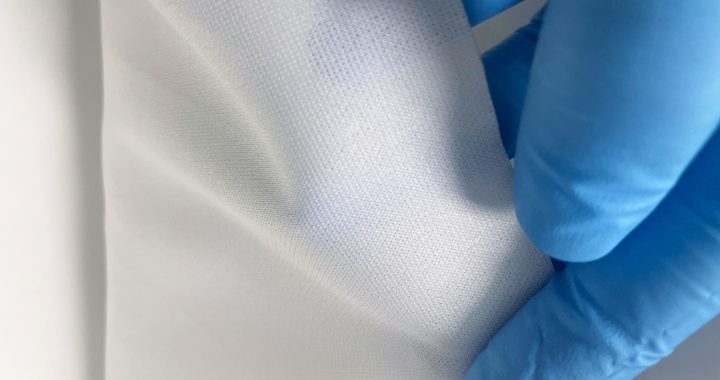Antistatic cleanroom wipes are essential for maintaining particle-free environments and protecting sensitive equipment from electrostatic discharge (ESD). Proper usage ensures effective cleaning and safety.
Key Features:
-
Antistatic Properties: Prevents electrostatic buildup, reducing the risk of ESD damage.
-
Lint-Free and Non-Abrasive: Ideal for cleaning delicate surfaces without leaving fibers or causing scratches.
-
High Absorbency: Efficiently removes dust, oils, and contaminants from surfaces.
-
Chemical Compatibility: Safe to use with IPA, deionized water, and other approved cleaning agents.
Usage Guidelines:
-
Unidirectional Wiping: Always wipe from clean to dirty areas to prevent particle redistribution.
-
Use Appropriate Pressure: Apply consistent but light pressure to remove contaminants effectively.
-
Single-Use Wipes: Discard wipes after each task to avoid cross-contamination.
-
Proper Storage: Keep wipes in sealed, clean containers to maintain sterility and effectiveness.
-
Surface Verification: After cleaning, inspect surfaces to ensure they are free from dust and residue.
Case Studies:
-
Electronics Manufacturing: Antistatic wipes are used to clean microchips, PCBs, and sensors, ensuring contamination-free surfaces while preventing ESD damage.
-
Optical Devices: Wipes clean lenses and optical equipment without leaving fibers, preserving the integrity of the devices.
-
Laboratories: Cleaning lab benches and instruments with antistatic wipes ensures a sterile, ESD-safe environment.
-
Cleanroom Surfaces: Used on floors, counters, and other surfaces to maintain ISO Class 100–1000 standards.
Benefits:
-
Prevents ESD Damage: Reduces the risk of static buildup and equipment failure.
-
Protects Sensitive Equipment: Lint-free, non-abrasive design prevents damage to delicate instruments.
-
Enhances Cleaning Efficiency: High absorbency and controlled wiping improve cleaning performance.
-
Ensures Cleanroom Standards: Helps maintain cleanroom compliance and reduces contamination risks.
